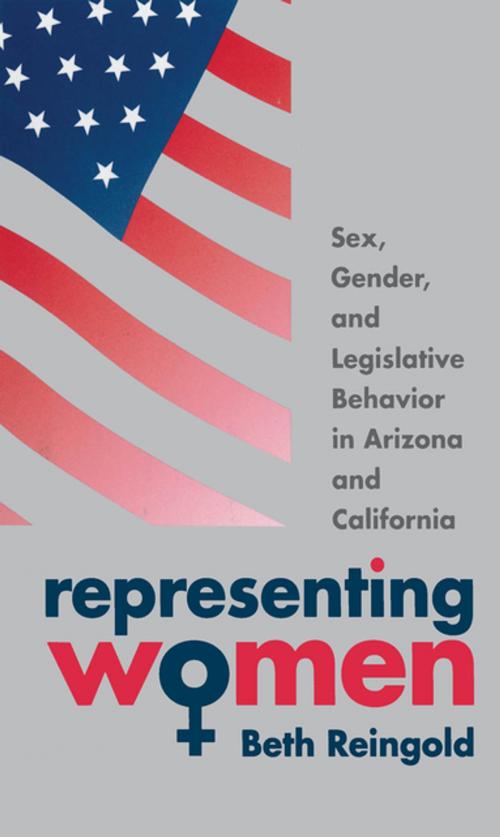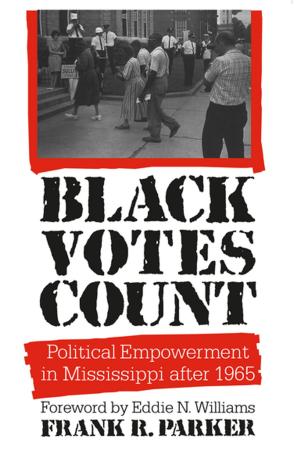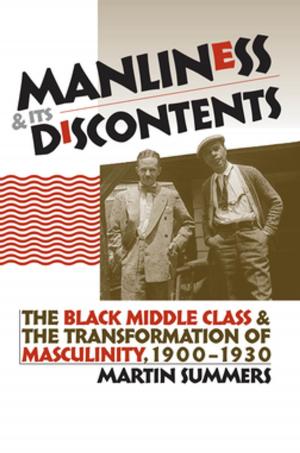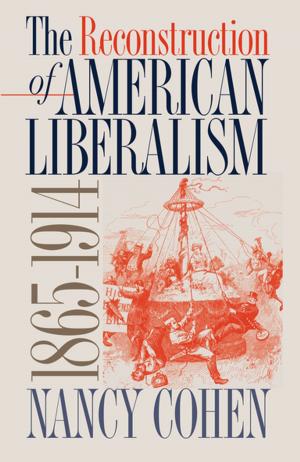Representing Women
Sex, Gender, and Legislative Behavior in Arizona and California
Nonfiction, Social & Cultural Studies, Current Events, Political Science, Government, Local Government, Social Science, Gender Studies, Women&| Author: | Beth Reingold | ISBN: | 9780807861059 |
| Publisher: | The University of North Carolina Press | Publication: | July 11, 2003 |
| Imprint: | The University of North Carolina Press | Language: | English |
| Author: | Beth Reingold |
| ISBN: | 9780807861059 |
| Publisher: | The University of North Carolina Press |
| Publication: | July 11, 2003 |
| Imprint: | The University of North Carolina Press |
| Language: | English |
Women in public office are often assumed to "make a difference" for women, as women--in other words, to represent their female constituents better than do their male counterparts. But is sex really an accurate predictor of a legislator's political choices and actions? In this book, Beth Reingold compares the representational activities and attitudes of male and female members of the Arizona and California state legislatures to illuminate the broader implications of the election and integration of women into public office. In the process, she challenges many of the assumptions that underlie popular expectations of women and men in politics.
Using in-depth interviews, survey responses, and legislative records, Reingold actually uncovers more similarities between female and male politicians than differences. Moreover, the stories she presents strongly suggest that rather than assuming that who our representatives are determines what they will do in office, we must acknowledge the possibility that the influence of gender on legislative behavior can be weakened, distorted, or accentuated by powerful forces within the social and political contexts of elective office.
Women in public office are often assumed to "make a difference" for women, as women--in other words, to represent their female constituents better than do their male counterparts. But is sex really an accurate predictor of a legislator's political choices and actions? In this book, Beth Reingold compares the representational activities and attitudes of male and female members of the Arizona and California state legislatures to illuminate the broader implications of the election and integration of women into public office. In the process, she challenges many of the assumptions that underlie popular expectations of women and men in politics.
Using in-depth interviews, survey responses, and legislative records, Reingold actually uncovers more similarities between female and male politicians than differences. Moreover, the stories she presents strongly suggest that rather than assuming that who our representatives are determines what they will do in office, we must acknowledge the possibility that the influence of gender on legislative behavior can be weakened, distorted, or accentuated by powerful forces within the social and political contexts of elective office.















